
As a response to what they view as increasing political instability, many PakIstani businessmen have been taking advantage of several loopholes in the country’s company and currency laws in order to buy foreign citizenships and build nest-eggs abroad.
In a bid to get around the State Bank of Pakistan’s currency control regulations, many businessmen, particularly exporters, have been able to find loopholes that allow them to move money to other countries beyond the normal limits by declaring losses, sometimes even bankruptcies, in the foreign subsidiaries of their companies.
According to sources familiar with the matter, most of the Pakistani businessmen building their foreign nest eggs and buying passports own textile or leather exporting companies. Their destinations of choice are typically the United States and Canada.
To cater to this growing band of businessmen, a number of law firms have cropped up that specialise in helping wealthy individuals file for immigration to North America.
Several businessmen, most of whom declined to be identified, freely talk about their plans to acquire foreign citizenships for themselves and their children, and moving some of their assets abroad “just in case”.
“A foreign passport makes business travel very easy, as opposed to a Pakistani one,” said one businessman who declined to be identified. “Also, in case this country decides to completely go to hell, it is always useful to have a backup.”
While Pakistan’s business and political elite have always built nest eggs abroad, in recent years there seem to be many people consistently using the same loopholes in Pakistan’s laws to do so.
Under the State Bank of Pakistan’s currency regulations, individuals are not allowed to convert more than $3,000 worth of rupees per day into US dollars. But companies that do business abroad can get authorisation to move much more money abroad.
And exporters, many of whom own subsidiaries in the US or Canada to facilitate their trading activities, are able to move even more money because of their ability to justify investments abroad. The favoured method appears to be to declare huge losses, or outright bankruptcy, at one’s foreign subsidiary to justify moving large amounts of money out of the country, ostensibly to recapitalise the loss-making entity.
“But the losses are almost all fake,” said one source. “The money is just being moved abroad in case the family needs to move if things go bad in Pakistan. It is also used to buy citizenship in North America.”
Both the United States and Canada offer citizenship to wealthy foreigners in exchange for an investment. For the US, a wealthy Pakistan would need to invest $1 million (or $500,000 in a rural or designated high-unemployment area) to qualify for immigration, according to the United States Citizenship and Immigration Service.
The US allows a maximum of 10,000 people to apply for permanent residency (green card) in this manner. Once a person obtains a green card, they need to live in the US for five years before becoming eligible for citizenship. For Canada, the rules are similar, though somewhat laxer on the residency requirements, leading many Pakistani businessmen to prefer Canada to its southern neighbour. However, recent changes in Canadian law have now made it difficult to immigrate to Canada as well.
The Canadian government is willing to accept CAD 800,000 in an ‘investment’ (which is returned to the investor with a 0% return about five years later) in exchange for granting permanent residency, according to Citizenship and Immigration Canada. There are several conditions to the investment, though the residency requirements appear to be less than that for the US.
Yet there seems to be no danger of the Pakistani business elite moving abroad permanently. Although they may like having foreign passports, there are comforts in Pakistan that seem irreplaceable.
“If you live abroad, you have work hard and pay your taxes. Why would anybody want to do that when they have a running business here?” said one source.
Published in The Express Tribune, September 4th, 2011.
COMMENTS (2)
Comments are moderated and generally will be posted if they are on-topic and not abusive.
For more information, please see our Comments FAQ




















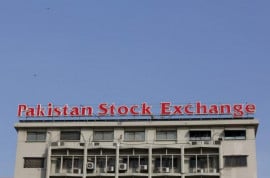
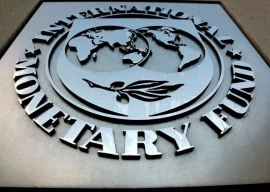

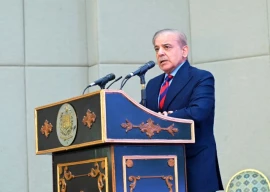
1715142871-0/imfsalary-(1)1715142871-0-270x192.webp)
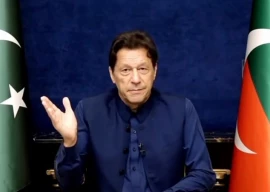
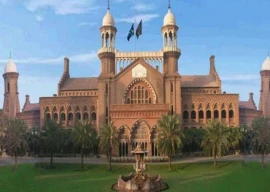








The things are not sweet in Canada/ US. Still applicants from Asia (to be specific- China/ India/ Pakistan) are making a beeline in so good numbers that the Govt of Canada had to put a limit of 700 applications in an Immigration year (July - June).
This a clear indicator that the intelligent business persons are looking more than what they have in their own countries, especially the infrastructure and systems (rest they can purchase with their money power that they are sacrificing to purchase their immigration).
Yes, you will have to pay your taxes for a change!
As the last paragraph suggests, doing business in Pakistan allows you to make monopoly profits and you don't have to pay much if anything in tax. Besides, you can break all the rules. It's a great country to live in especially if you have money.